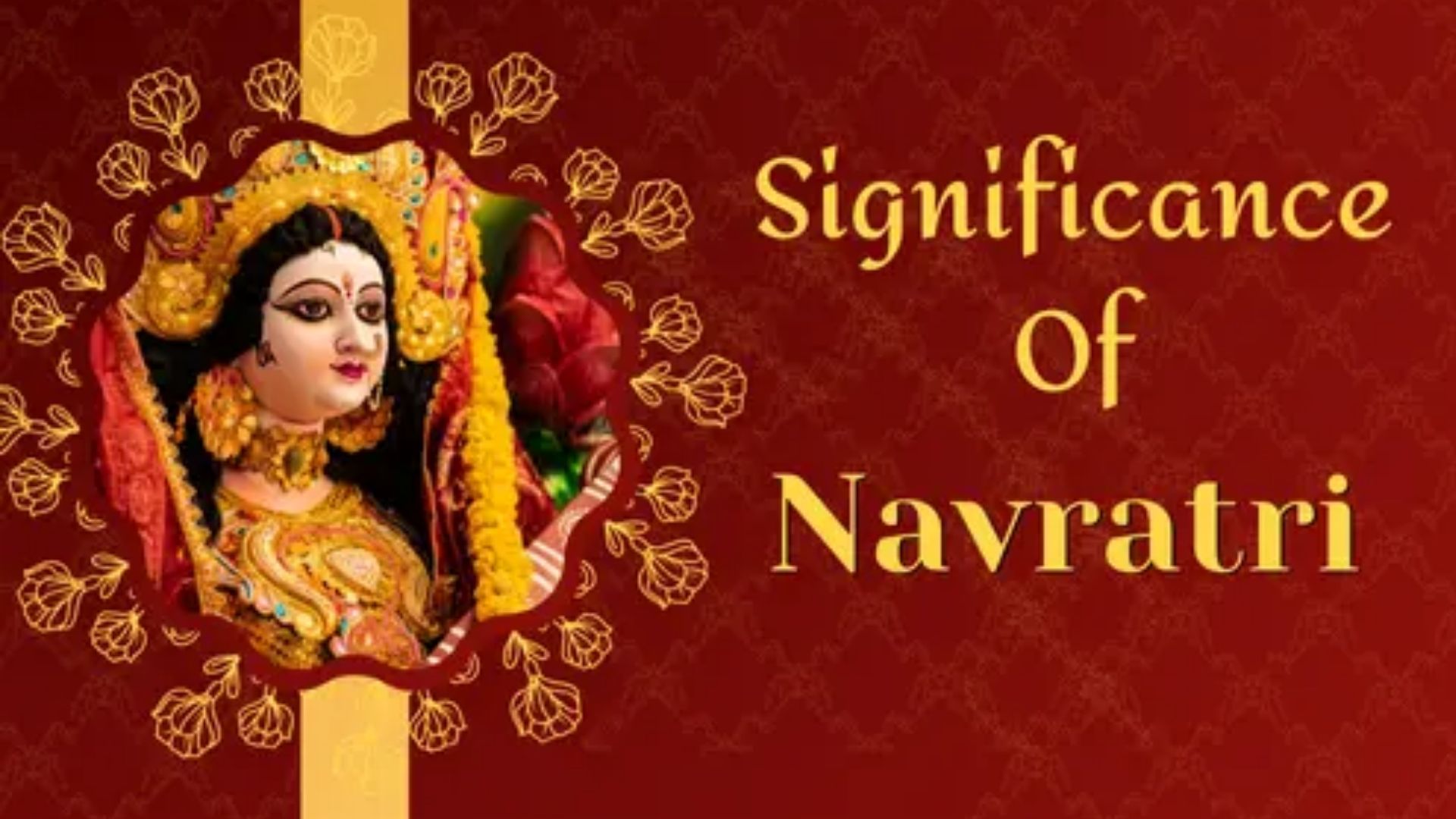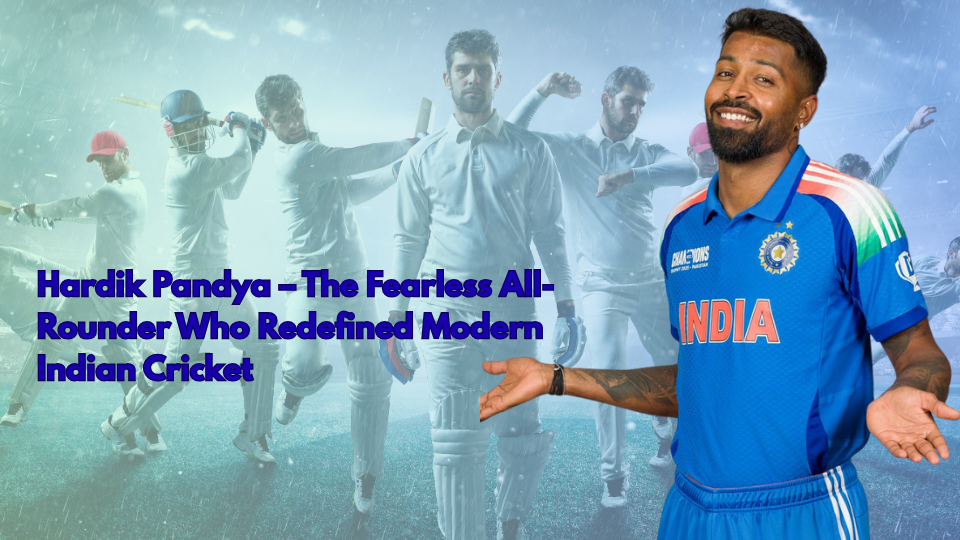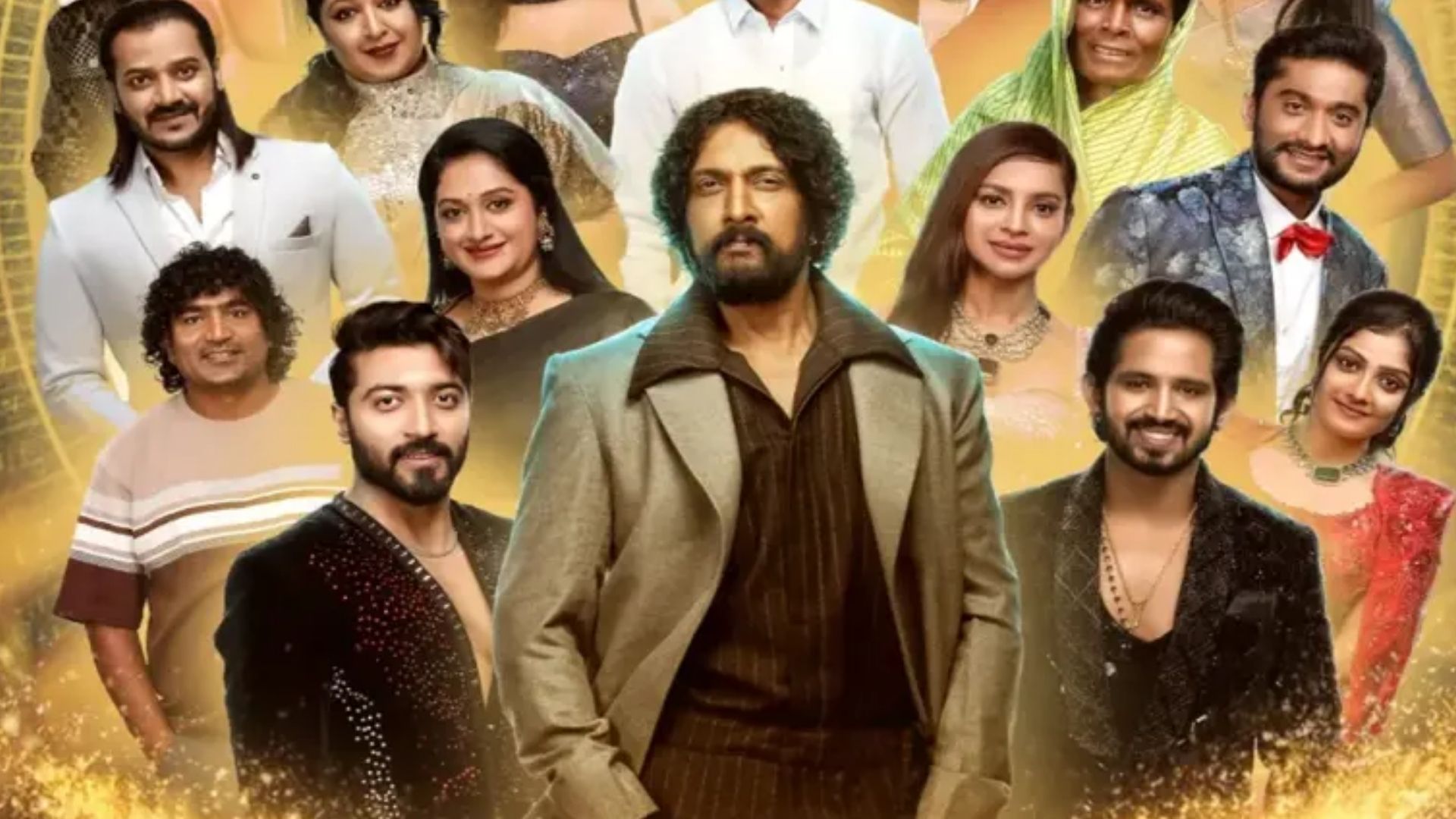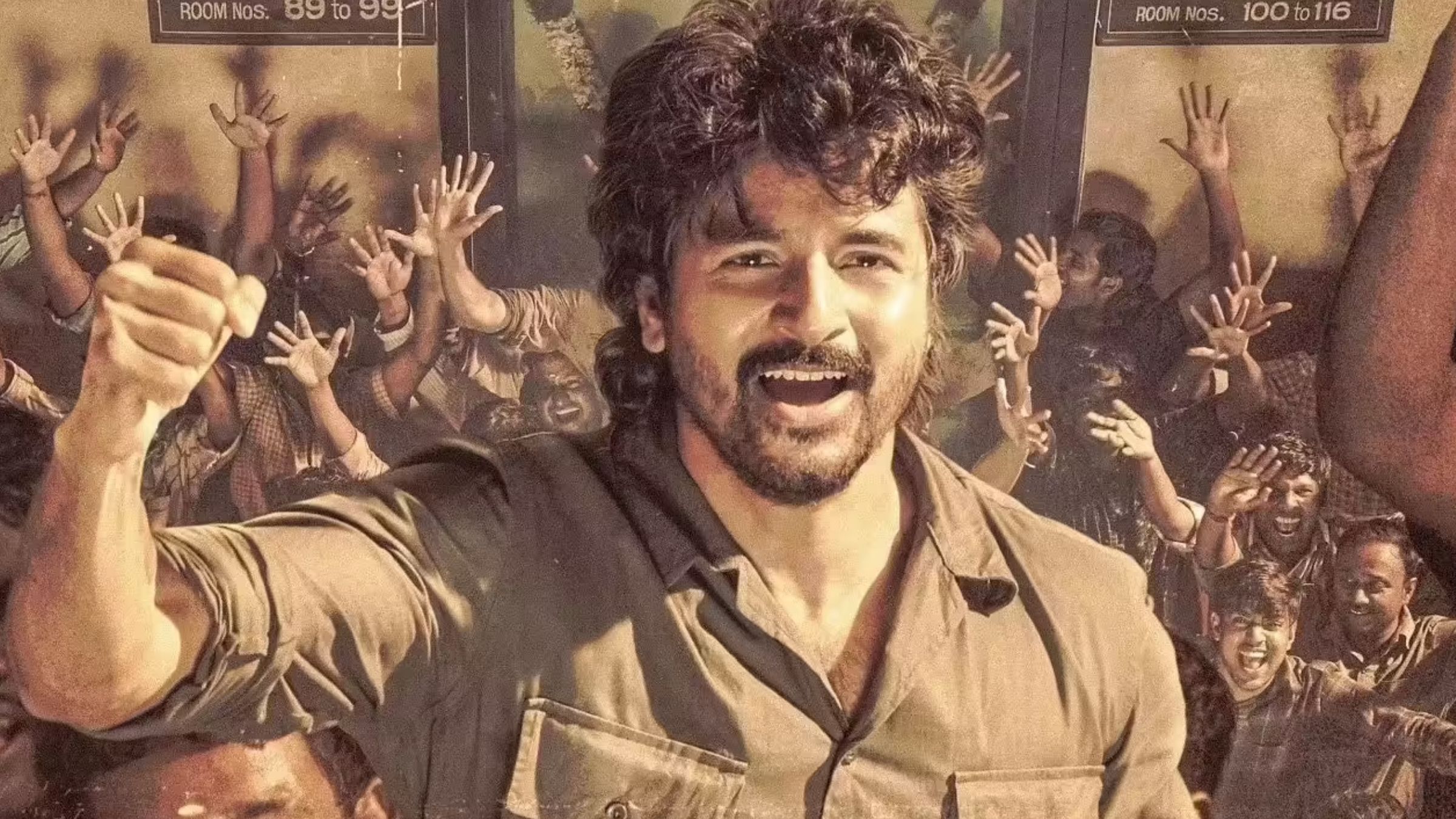Navratri is one of the most celebrated Hindu festivals, dedicated to the worship of Goddess Durga in her nine forms. Spread across nine nights and ten days, Navratri fills homes and hearts with devotion, fasting, dance, and cultural festivities. But the last day of Navratri carries a very special meaning. It is not only the conclusion of the nine-day journey but also the most spiritually significant day when devotees honor the victory of good over evil.
What is the Last Day of Navratri?
The ninth day of Navratri, known as Navami, is considered the final day of the festival. In many regions of India, Navami is celebrated with great devotion as the day when Goddess Durga defeated the demon Mahishasura, symbolizing the triumph of dharma over adharma (righteousness over evil).
In some traditions, the tenth day after Navratri, called Vijayadashami or Dussehra, is also regarded as the concluding celebration. Together, Navami and Dussehra represent completion, victory, and new beginnings.
READ MORE : https://digitalmohit.co.in/category/news/
Rituals Performed on the Last Day
- Kanya Pujan (Kanjak)
On the last day, many households invite young girls, symbolizing the nine forms of Goddess Durga, and honor them with food, gifts, and blessings. This ritual highlights the respect for feminine energy (Shakti). - Special Prayers
Devotees perform elaborate aartis, chant mantras, and offer flowers, sweets, fruits, and coconut to the Goddess. - Fasting and Feasting
Those who observe fasting during Navratri often complete it on Navami by offering bhog (sacred food) and then sharing meals with family and friends. - Immersion of Idols
In some communities, idols of Goddess Durga are immersed in water on the last day, marking the end of celebrations. This symbolizes returning the Goddess to her heavenly abode.
READ MORE : https://digitalmohit.co.in/category/festival/
Cultural Celebrations
- Dandiya and Garba Nights: In Gujarat and parts of Maharashtra, the last day often sees the grandest performances of Garba and Dandiya, where people come together to dance in devotion.
- Ramlila and Dussehra: In North India, the last day merges with Dussehra, where effigies of Ravana, Meghnath, and Kumbhkaran are burnt, symbolizing the victory of Lord Rama over Ravana.
- Durga Puja: In West Bengal, the last day is celebrated as Maha Navami and Dashami with great enthusiasm, followed by immersion of Durga idols.
Spiritual Meaning of the Last Day of Navratri
The last day is not just about rituals; it has deep spiritual significance:
- Victory of Good over Evil: It reminds us that truth and righteousness will always triumph over negativity and injustice.
- Inner Strength: Goddess Durga represents Shakti, the inner power that helps us fight personal struggles and challenges.
- Renewal and New Beginnings: Just as Navratri ends with victory, it inspires devotees to start fresh with positivity and confidence.
- Balance of Life: Worshiping the Goddess emphasizes the importance of balancing strength with compassion, courage with wisdom.
How Families Celebrate Together
The last day of Navratri often becomes a family festival:
- Preparing traditional dishes such as puri, halwa, and chana for Kanya Pujan
- Decorating homes with flowers and rangolis
- Dressing in bright traditional attire, often in the color associated with Navami
- Visiting temples with family to seek blessings for peace, prosperity, and protection
For many, it is also a time to meet relatives, exchange gifts, and enjoy cultural programs in their local communities.
Importance for Modern Life
In today’s busy world, the last day of Navratri serves as a reminder to:
- Pause and Reflect: Look back on personal struggles and victories.
- Honor Women and Shakti: Respect the role of women in society as embodiments of strength and care.
- Celebrate Community: Festivals bring people together, fostering unity and positivity.
- Embrace New Energy: Just as the Goddess wins over evil, we too can defeat negativity within ourselves and start new chapters in life.
Final Thoughts
The last day of Navratri is not just the end of a festival — it is the celebration of victory, power, and hope. Whether you mark it with rituals like Kanya Pujan, enjoy cultural festivities, or simply reflect on your personal journey, the day holds meaning for everyone.
It reminds us that light always defeats darkness, courage always defeats fear, and truth always defeats falsehood. By carrying the energy of Navratri beyond these nine days, we can bring strength, balance, and positivity into our daily lives.
















Leave a Reply